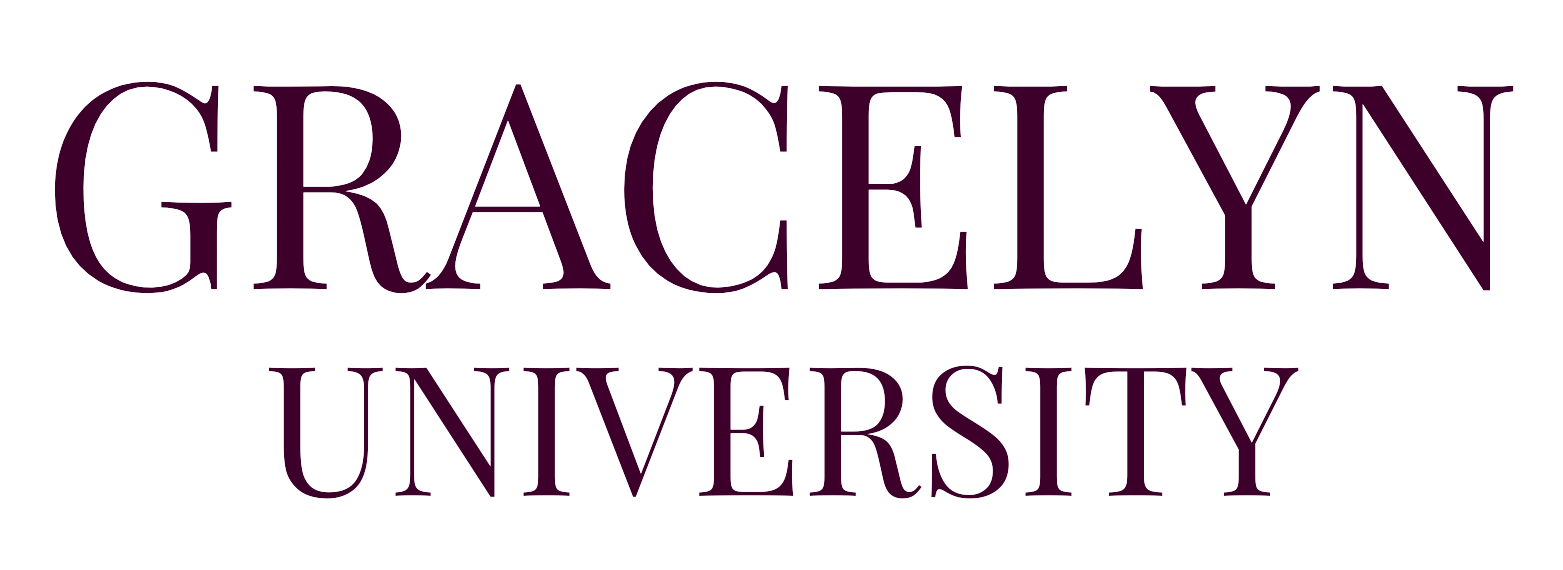Teach4naija
From Chalkboards to Change Agents: The New Era of Nigerian Education
From dusty chalkboards to digital classrooms, from note-givers to nation-builders—Nigerian teachers are changing the game. The ongoing education revolution in Nigeria is redefining what it means to be an educator, especially as Nigerian education reforms 2025 take shape and emerging technologies transform classrooms nationwide.
If you’re a teacher in Nigeria today, your role has never been more important. Gone are the days when teaching was just about lectures and exams. Today’s educators are mentors, innovators, and community leaders who are shaping the future of Nigeria—not just through academic subjects, but through dedicated service to their communities.
The Evolution of Teacher Education in Nigeria
The traditional classroom, where a teacher chalked on a dusty board and students copied notes, is quickly becoming a thing of the past. This method worked for a time but left little room for creativity, critical thinking, or meaningful student-teacher connection.
As part of the sweeping Nigerian education reforms 2025, the government and educational institutions are emphasizing the importance of teacher education in Nigeria that adapts to modern needs. This means empowering teachers to become facilitators of learning, not just deliverers of content.
Today’s educators employ tools such as WhatsApp groups, online learning platforms, and collaborative group discussions. This shift is part of the broader role of technology in Nigerian education, where digital classrooms and emerging technologies in Nigerian classrooms allow students to develop vital skills like critical thinking, leadership, and collaboration.
What’s Driving the Change?
Several factors fuel this transformation:
-
Access to information: Students now have limitless information at their fingertips. Teachers help students filter and critically evaluate this information, a core skill for the digital age.
-
Workforce demands: Employers increasingly value creativity, leadership, and problem-solving over rote memorization.
-
Post-COVID innovation: The pandemic forced many Nigerian teachers to quickly adopt remote teaching, often with limited resources, showcasing their resilience and creativity.
Nigerian Teachers as Change Agents
More than ever, Nigerian teachers are stepping up as vital change agents in their communities. They are not only educators but mentors, advocates, and leaders.
Teachers today focus on teaching the whole child. This means building relationships, leading group work, and adapting lessons to individual student needs. The values of respect, kindness, and resilience are taught alongside core subjects like math and English.
According to The Guardian Nigeria, teachers play a central role not just in shaping what students know, but who they become—helping to mold responsible citizens and future leaders.
Overcoming Challenges in Nigerian Teacher Preparation
Despite these advances, challenges remain:
-
Old systems and methods: Some educators still rely heavily on outdated teaching techniques without exposure to modern tools.
-
Limited access to training: Many teachers want to grow professionally but lack access to quality, affordable development programs.
-
Low motivation: Heavy workloads and insufficient recognition often lead to teacher burnout.
Programs like Gracelyn University’s flexible online degrees offer an opportunity to address these barriers by providing accessible, high-quality teacher education designed to support the modern Nigerian educator.
Collaboration and Advocacy: Strengthening Nigerian Education
The role of education unions in Nigeria and teacher advocacy groups is increasingly critical in pushing for better funding, improved working conditions, and policy reforms. These efforts directly impact education funding in Nigeria and the overall quality of public education.
Additionally, fostering collaboration among Nigerian educators through workshops, webinars, and online communities helps teachers share best practices and stay updated on educational innovations.
Data-Driven Education and National Development
Modern education reform focuses on data-driven education in Nigeria—using measurable outcomes to improve teaching methods, allocate resources, and enhance student success. Nigerian teachers are key players in this transformation, contributing to national development by preparing a workforce equipped for the 21st century.
Embracing Education Transformation in Nigeria
The Nigerian Federal Government’s policies and the ongoing education transformation in Nigeria prioritize flexible learning pathways, digital literacy, and teacher empowerment. This shift is crucial to meet the country’s growing educational demands and economic goals.
Top Nigerian education leaders champion these efforts, emphasizing the vital role of teachers in shaping Nigeria’s future.
Take the Next Step as a Modern Nigerian Teacher
At Gracelyn University, we understand the evolving role of Nigerian teachers. Our online degree programs are tailored to meet the demands of today’s educators—flexible, accessible, and designed to empower you as a change agent.
Whether you’re teaching in urban or rural settings, our programs support your growth, helping you become a leader in the education revolution in Nigeria.
Conclusion
The journey from chalkboards to change agents reflects the dynamic evolution of Nigerian education. Teachers are no longer just delivering lessons—they’re inspiring futures, solving problems, and leading communities toward a brighter tomorrow.
With continued support, investment, and innovation, Nigerian teachers will remain the backbone of the nation’s development, driving success for generations to come.


